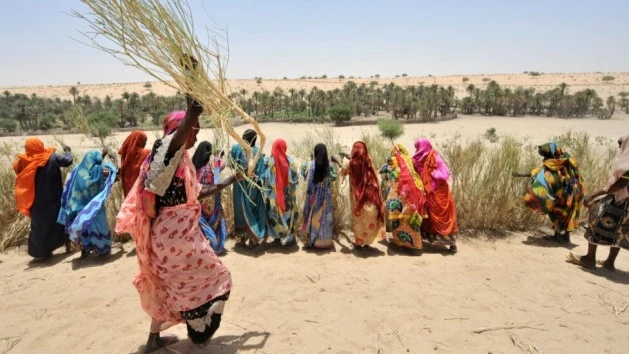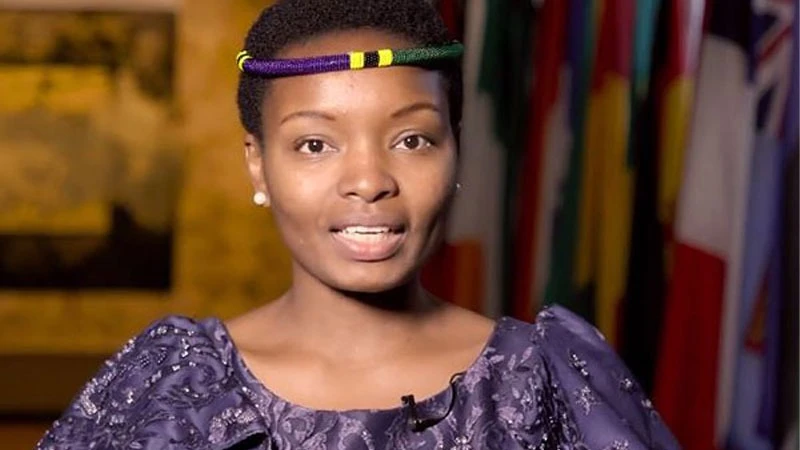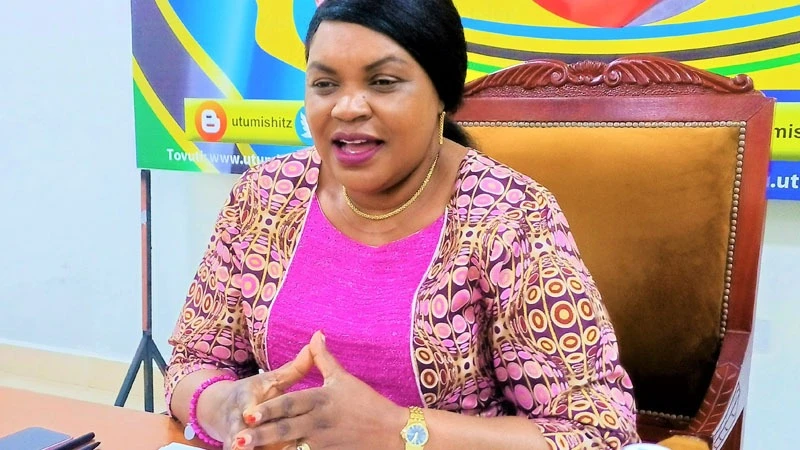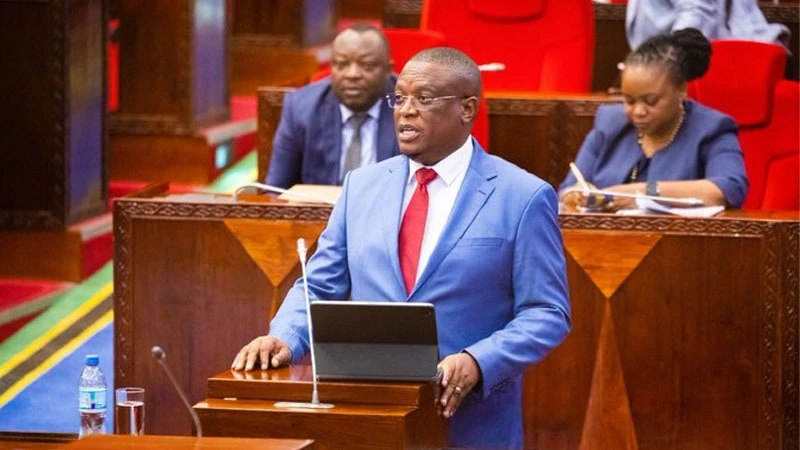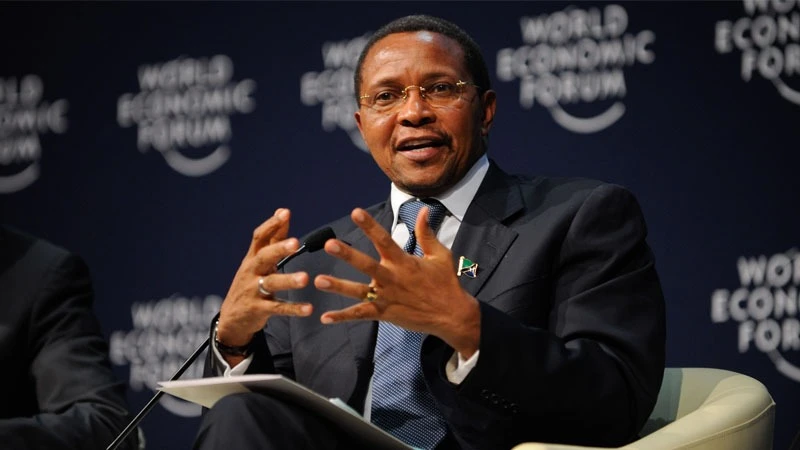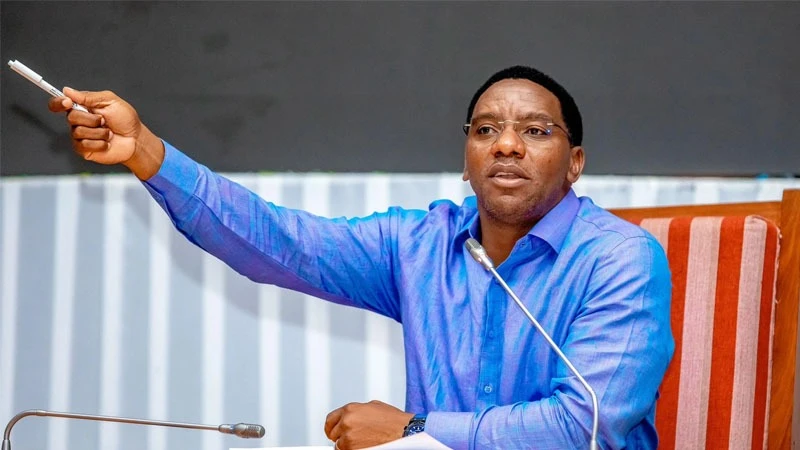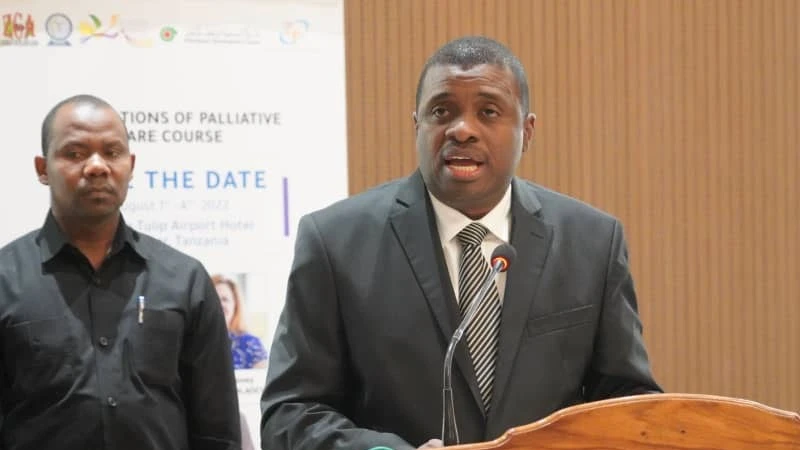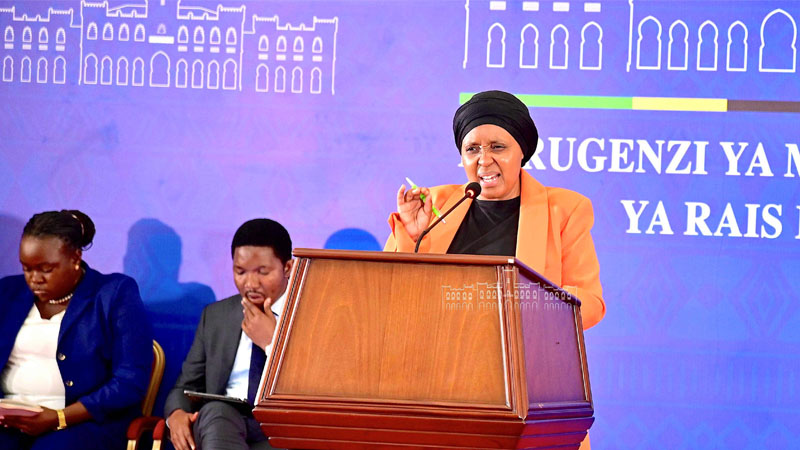Tanzania’s readiness for participation in global digital economy

STUDIES in digital technology show that the fourth industrial revolution (4IR), which is characterised by a fusion of emerging fast-evolving technologies (also called frontier technologies), is changing the way people think, live, work and interact (OECD, 2018; UNIDO, 2019; Akileswaran and Hutchinson, 2019). These technologies include, but not limited to, artificial intelligence (AI), the internet of things (IoT), virtual and augmented reality (VAR), robotics and cloud computing.
While countries that invest in emerging technologies have a competitive edge over those that lag behind, there are nevertheless “unique opportunities for ‘latecomer’ countries to catch up with more advanced countries,” according to UNIDO (2019).
This point is also reflected in the United Nations’ Digital Economy Report 2021: Cross-border data flows and development (For whom the data flow). The report puts it in this way: “Rapid digitalisation is affecting all aspects of life – including the way we interact, work, shop and receive services – as well as how value is created and exchanged. In this process, data and cross-border data flows are becoming increasingly crucial to development.”
“In the era of the 4IR, latecomer developing countries that are active and quick learners have more opportunities than ever to exploit the advantage of their late arrival by tapping into affordable 4IR technologies and creating new products and services, rather than having to reproduce previous technological trajectories.”
Africa in particular still lags behind in digital transformation and this challenge is reflected in Oke et al. (2020)’s article entitled “Innovations in Teaching and Learning: Exploring the Perceptions of the Education Sector on the 4th Industrial Revolution (4IR)”.
The authors see that the education sector’s challenge is “on how to produce graduates with creative ideas and relevant skills to operate in this digital world, while contributing to the organisational functioning and productivity if the education sector is not receptive to 4IR.”
To address this challenge they recommend shifting debate from computer technology and focus on the transformation of the teaching and learning process, including the transformation of the education sector through digitalisation. “This shift in focus will not only allow the education sector to benefit from the technology revolution, but will also provide an opportunity to address the dilemma regarding the roles and effectiveness of digital technology in teaching and learning.”
Tanzania adopts a learner-centred (competence-based) pedagogy and integrates information communication technology (ICT) into education starting from pre-primary education. This is in line with a new paradigm shift in education. The traditional teacher-centred pedagogy makes schoolchildren passive learners and unable to develop critical and problem-solving skills because almost everything is done for them. The learner-centred pedagogy instils in schoolchildren active learning and develops in them critical thinking and problem-solving skills.
Technologies help people advance, but it also divides when some people lag behind. “As the data-driven digital economy has evolved, a data-related divide has compounded the digital divide. In this new configuration, developing countries may find themselves in subordinate positions, with data and their associated value capture being concentrated in a few global digital corporations and other multinational enterprises that control the data. They risk becoming mere providers of raw data to global digital platforms, while having to pay for the digital intelligence obtained from their data” (United Nations, 2021).
Learner-centred education is internationally recognised as the best pedagogical practice (Schweisfurth, 2019). Early childhood education and care (ECEC), including pre-primary education, lays the foundation of formal education.
Paragraph 14 of Agenda 63: The Africa We Want states that “Africa’s human capital will be fully developed as its most precious resource, through sustained investments based on universal early childhood development and basic education, and sustained investments in higher education, science, technology, research and innovation, and the elimination of gender disparities at all levels of education.” It also states that “access to post-graduate education will be expanded and strengthened to ensure world-class infrastructure for learning and research and support scientific reforms that underpin the transformation of the continent.”
Thus, when children starting from an early age are exposed to quality education, including ICT literacy, have an advantage over those, who may be exposed to such education at a later stage. Preparing Tanzanians for the global digital economy starts with exposing Tanzanian schoolchildren to quality education. “Digital literacy is a basic prerequisite for [learners] to develop adaptive capabilities to participate in the global digital society, to benefit from the digital economy, and to derive new opportunities for employment, innovation, creative expression, and social inclusion” (Kayembe and Nel, 2019).
UNESCO (2018) suggests that “it is essential that teachers have competencies to integrate ICT into their professional practice to ensure the equity and quality of learning. Teachers also need to be able to harness ICT to guide learners in developing knowledge society skills such as critical and innovative thinking, complex problem-solving, the ability to collaborate, and socio-emotional skills.”
It is in line with this that Tanzania emphasises the learner-centred pedagogy and the integration of ICT into all levels of education starting from pre-primary education, which reflects Sustainable Development Goal (SDG) 4 which focuses on inclusive and equitable quality education and the promotion of lifelong learning opportunities for all. In this way, Tanzania grooms schoolchildren and future adults for their readiness and participation in the global digital economy.
Top Headlines
© 2024 IPPMEDIA.COM. ALL RIGHTS RESERVED





